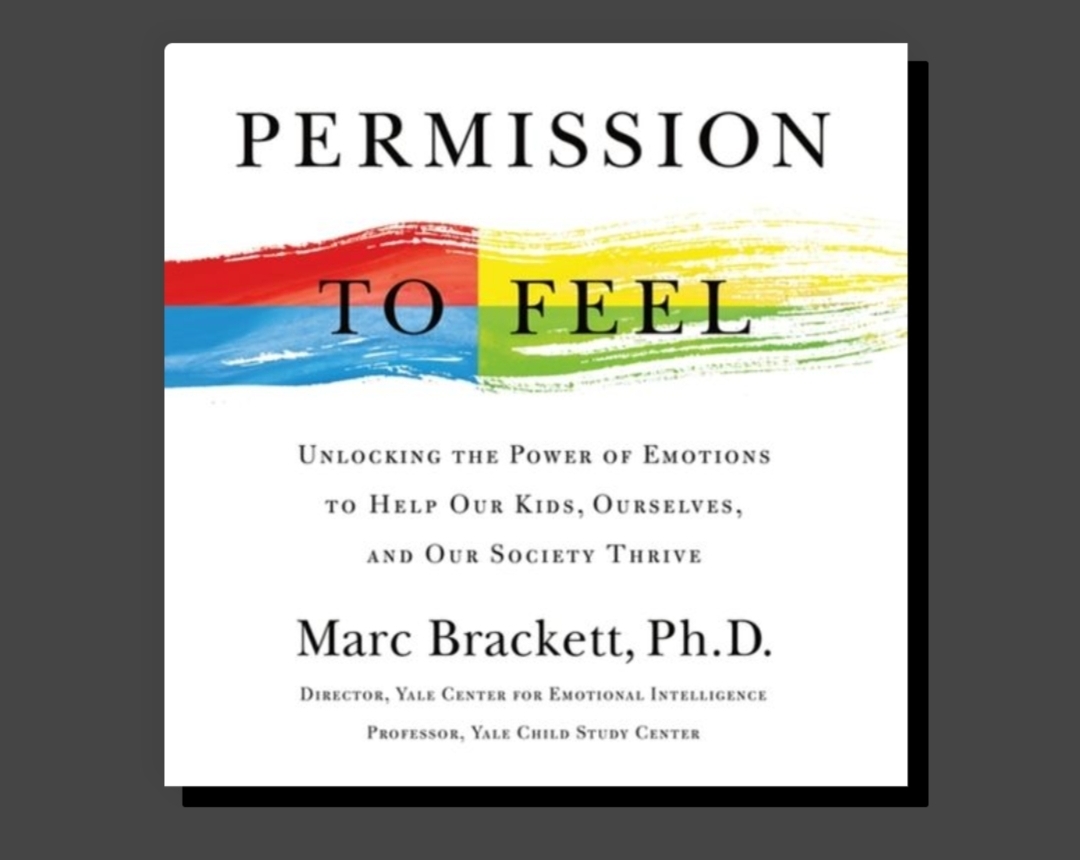Lucky for me, one of my jobs allows me the freedom to listen to hours of podcasts and books and Spotify while sewing. An episode of The Huberman Lab podcast about regulating emotions led to this author and his work in creating emotional roadmaps and tools for school systems. Basically: we are NOT taught anything meaningful about our emotional systems and often we end up as adults (me!) saying, what are all these feelings and why am I not allowed to feel them?
Even in the best scenarios, we are not doing a great job as a society teaching our children how to honor their feelings. I am guilty of it too. Who has time to sit down with a toddler and kick it out? That tantrum over a toy in the store isn't really about the toy... but the intense, overwhelming, unmanageable feelings that a 3 year old has that he *wants* something and the adults with the power are saying no. Teenagers are given a terrible reputation when 99 percent of the time, they are displaying absolutely normal developmental traits: distancing themselves, creating a separate identity and needing lots of time to self reflect. Families suppress and deny very real personality conflicts or dysfunctional behavior with the goal of "keeping the peace" when sometimes all people need is the space to come to their own conclusions. Enmeshment, emotional immaturity and needing to be positive all of the time are messages we give to kids, because well, either we were ill equipped to deal with tough emotions or we were bullied into suppressing them.
And it isn't a fair system. Some people are given quite a bit of space to display their emotions while others in a family (or classroom) are not. The loudest, most difficult or quickest to react often use up all of the emotional space, leaving everyone else in react mode. Kids learn really quickly if their parents have space to hear their problems at all. This is a generational problem and cycle that seems to repeat itself until someone gains the language or understanding in how to stop it.
So while it's not an excuse, I was not given a great "vocabulary" regarding emotions, how to feel them fully and then how to integrate those into life. I used to not even be able to name my feelings and I still express everything better through writing rather than verbally. One of the exercises in the book is to expand your personal vocabulary for feelings - sometimes we only know mad, sad or glad. But there's about a million variations of mad... and they all mean very different things. Irritated vs enraged, frustrated vs invalidated, exasperation vs annoyed, and so on. Anger at yourself vs anger at another person. We are so quick to tell other people, and ourselves, to turn off that negative emotion before giving the time to properly work through them.
This book has been timely because I feel like my body and mind are having a reckoning. There are so many facets of grief, anger, frustation and joy that I have not been either given permission to feel or I didn't recognize they were there, simmering below the surface. I developed cancer - I got really sick because the chemistry in my body wasn't/isn't working properly. While I think the environment and genetics are a factor, so is trauma and my emotional health.
A huge lesson in this book is about the concept of resentment and what it truly represents. Resentment is a different type of anger or disappointment, and kudos to anyone that either doesn't feel like they struggle with this or has conquered the emotion. Resentment is really a byproduct of helplessness. If you feel helpless to change or alter a situation - you are naturally going to resent the person, the circumstances or the outcome that you inevitably have to "accept". If someone in your life is rude, but you get to walk away or have the freedom to express yourself, you're not going to resent them. You have personal autonomy to do something about it. It's an entirely different situation is someone is rude or disrespectful and others tell you that you just have to accept it. One of my biggest frustrations in life is that some people just get by with lower expectations. The bar can be set SO low for others that it inevitably is left up to the "bigger person" to fix any and all problems. This dynamic makes sense in an adult/child relationship, because YES - adults should absolutely be held to a higher standard. But at what age do we expect equal emotional competency? (I think we all know the answer to that is never, for some.)
For kids with abusive parents, or when dealing with a chronic illness, or living under laws passed by a terrible politician or when part of a repressed family system... there's such a bad mix of resentment, helplessness and other people enabling bad behavior.
The author talked extensively about his own home life and being bullied in school. And how important it was to his development to have an adult SEE that he was struggling. All it took was for one family member to acknowledge his pain to help him work through it. So the aim is to teach both kids and school administrators (and parents) how to better understand and communicate our feelings. We can't pretend that we aren't facing huge roadblocks with both outdated generational ideas about feelings, such as "What are you crying about, I'll give you something to cry about" or "Boys don't cry" blah blah blah and a new crop of kids that feel disconnected from each other due to social media.
So, I give myself and you the permission to feel. But I encourage maybe screaming into the woods instead of sceaming at each other.

